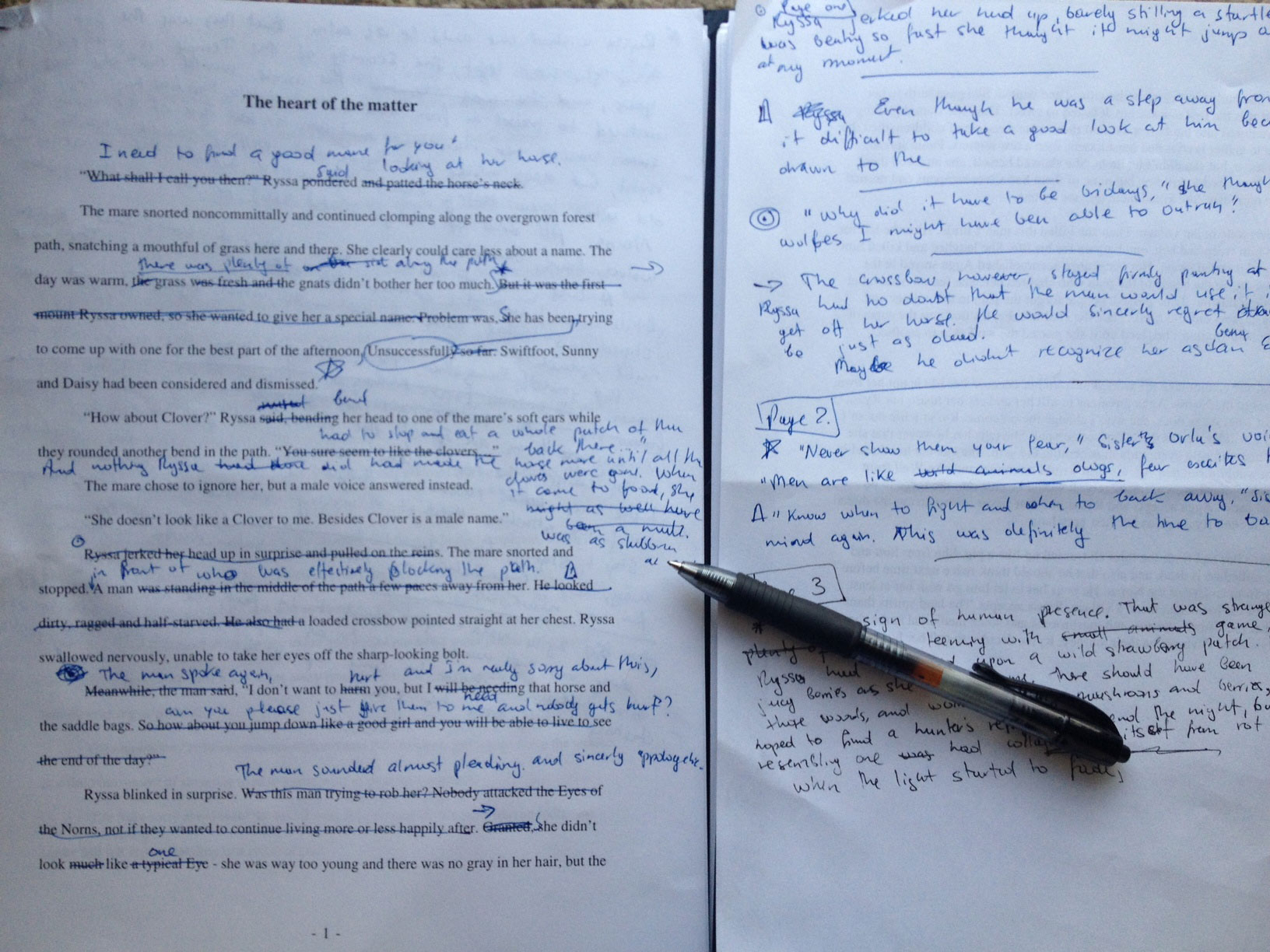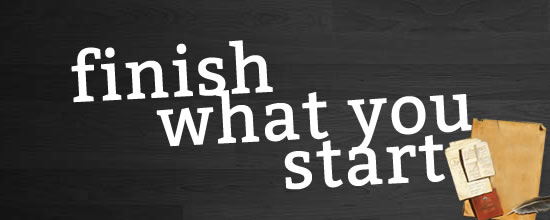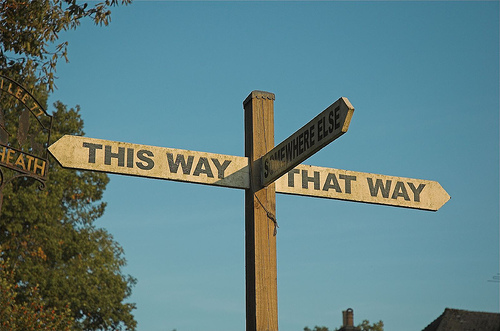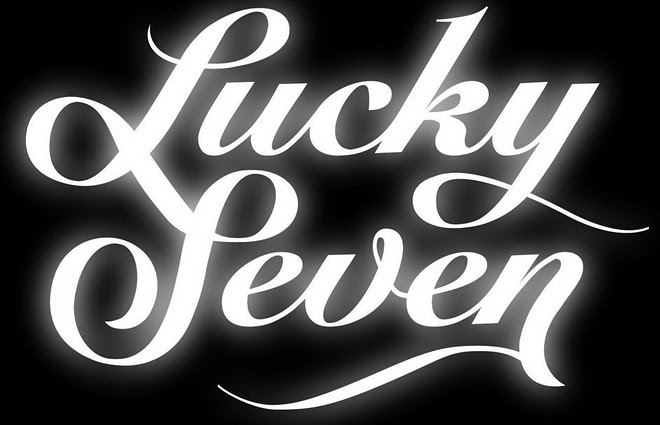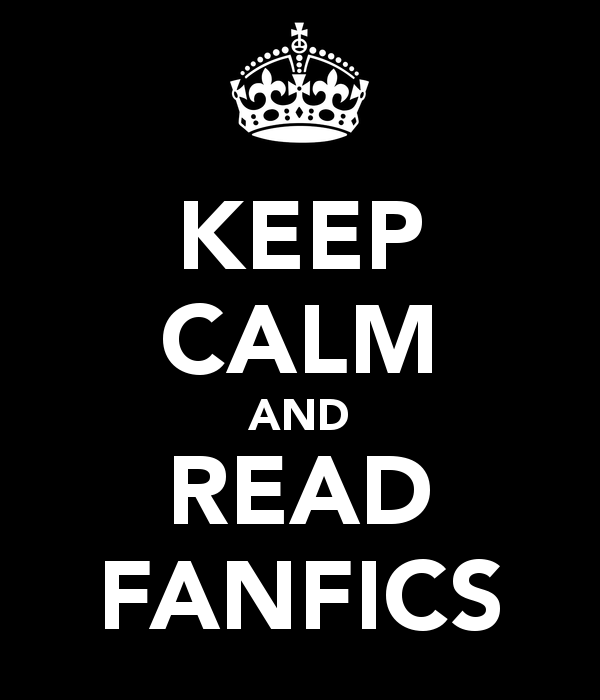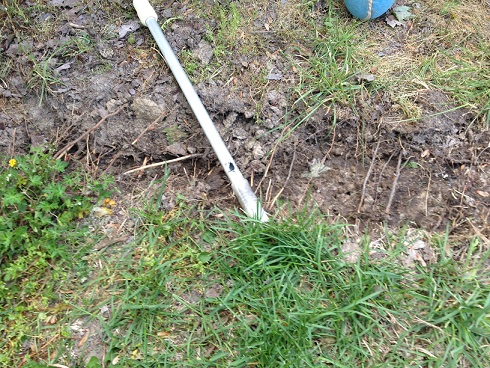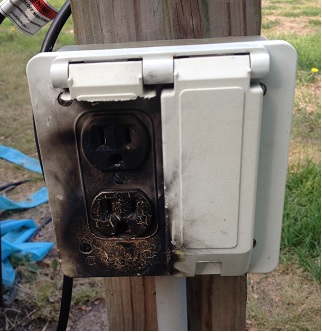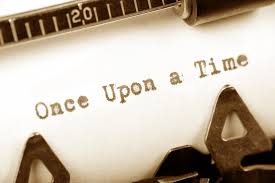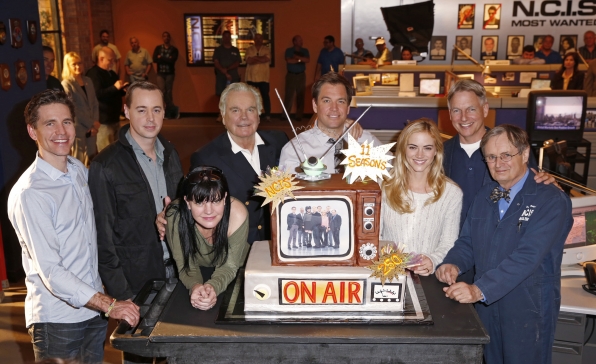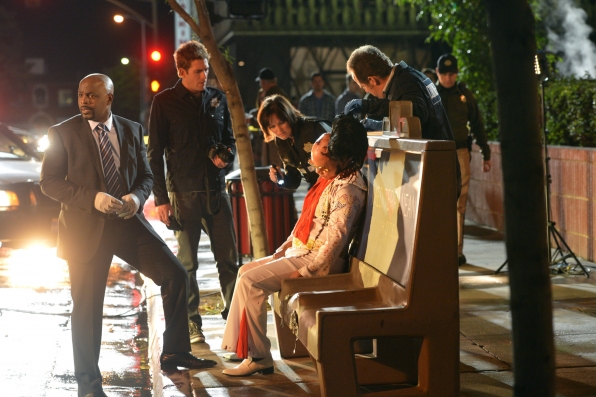In the past four months, I have been steadily working on rewriting / editing my novel Of Broken Things, and in the past two months I had been doing only that and nothing else. I also signed up for Camp NaNoWriMo with this revision, so the pressure was on.
On hindsight, joining Camp NaNo was a mistake, because I had been struggling with motivation to pick up my work for the last two weeks, and I was feeling increasingly guilty about it… which made me even less happy about diving into the revisions… which made me even guiltier for not doing it. Vicious cycle!
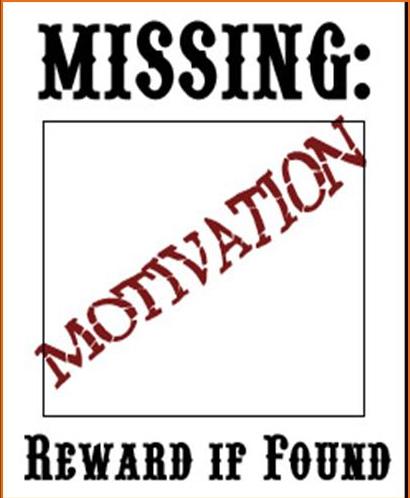
It took me a while to realize what was happening, but last night it hit me like a ton of bricks – I had burned out on revisions. This realization was rather surprising, because it never happened to me before. Well, to be honest, I have never had to tackle such a big revision either. I had only edited two short stories before and both of them had been knocked out in a couple weeks. So this is the first time in my (short) writing career that I meet face to face with this particular monster.
I have learned two things from this misadventure.
1. Burnout happens even when editing.
I had read plenty of blogs about writers experiencing burn out when they write their first draft, but never about the same happening during the editing stage. Guess now I know that you can get burned out while editing as well. Lesson learned. Moving on.
2. I need variety to thrive.
I guess I have a mind form of ADD, because I can’t concentrate on one project for a significant amount of time. I think two and a half months is about my limit. That’s how long it took me to write the first draft Of Broken Things. Anything longer, and my attention starts wandering.
I had started editing the novel in April, but I took a couple breaks to finish writing a novelette as well. However, since about May, I have been doing nothing but editing. So I definitely need a change if I ever want to get to the end of this process without ending up hating my story with a passion.
Conclusions:
1. I am putting Of Broken Things away for a couple weeks at least and starting on a new short story, which will be a continuation of the short story A Small Detour published here. I already have the outline ready and printed, just need to sit down and put pen to paper. I think the freedom to just write whatever comes to mind and not worry about grammar or punctuation will be exactly the change of pace I need.
2. Sadly, I will have to withdraw from Camp NaNoWriMo this year, but I will definitely be there for NaNoWriMo in November! I even have a bright new shiny idea for the novel I want to write during that month. With characters and even a beginning of the plot as well! Can’t wait to start on that one, actually.
And finally a question for my fellow writers. Have you ever experienced this kind of burnout? What do you do to shake it off and get back on the writing horse again?


